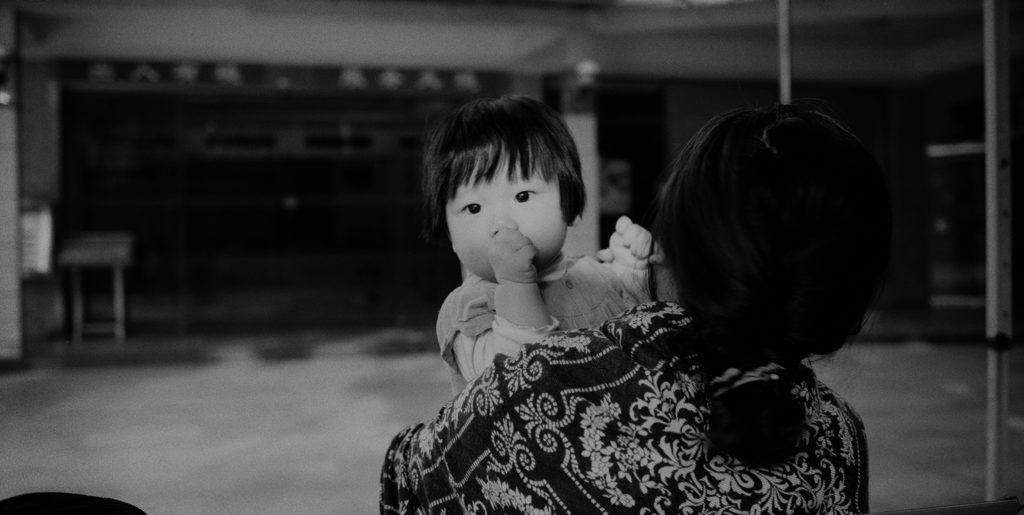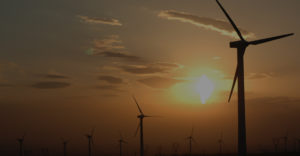Highly developed countries are often able to effectively convert their power resources into desired outcomes, but determining what exactly constitutes a developed country is subject to debate. The World Bank considers countries with a per capita income of less than $12,275 as developing countries. According to the World Bank, China’s per capita nominal GDP was $7,594 in 2014, which ranked 79th among 183 countries. Yet in other ways, China might be considered a developed country. Over 97 percent of Chinese have access to tap water and over 95 percent of Chinese over the age of 15 can read and write. Additionally, 95 percent of the Chinese population owns a mobile phone.
What do the experts think?

David M. Lampton
Hyman Professor and Director of SAIS-China and China Studies at Johns Hopkins SAIS, Chairman of the Asia Foundation

Jeremy Wallace
Associate Professor in Cornell University's Department of Government

Björn Conrad
Vice President of the Mercator Institute for China Studies
Is China a developed country?
Wallace:In many ways China is both a developed and a developing country… the vast majority of Chinese people are poor. . . . Yet, because China is such a huge country it is still the case that there are huge number of rich people in China. There are more rich people in China than there are people in the United Kingdom. Watch
Lampton: Precisely what makes China a difficult policy problem is that it’s both. . . . In important respects China is a developing country. A developed country has institutions; political institutions among the most important of which are succession institutions. China really has no well-accepted, describable, constitutionally grounded succession process. Watch
Conrad: It’s a developed country in its shiny cities on the Eastern coast, it’s a developing country in its poor regions in the West. It’s a developed country if you look at number of Starbucks or literacy rate, it’s a developing country if you look at the numbers of doctors per capita or percentage of the workforce that works in agriculture. Watch
Are there internationally accepted metrics to determine what is a developed country and what is a developing country?
In the second half of the twentieth century, China increased its average life expectancy at birth from around 40 years to over 70 years, a feat that took many advanced economies nearly a century to achieve. How does Chinese life expectancy compare to life expectancy in other countries?
Wallace: We might need to move beyond this language of developing and developed countries . . . it obfuscates more than it actually clarifies. . . . We could talk about high-income countries vs. low-income countries. The World Bank talks about separating the populace of countries into low-, lower middle- upper middle- and high-income countries. Watch
Lampton: Economic indicators are well established in the metrics; now that doesn’t mean that China provides great data or reliable data, so there is always the question of what is the underlying reality. China in terms of its longevity and life expectancy is a highly developed country, almost in the category of the United States. Watch
Conrad: China is perhaps the most challenging of all countries for determining . . . the different stages of development through such an indicator because of its diversity, because of its enormous size. So I think for China it can always use these measures as a first approximation, but a closer look will always be necessary to come to a good answer. Watch
Does it matter whether China is labeled a developed or developing country by the world?
Conrad: Wherever you have a pre-classification of responsibilities, a different set of rules that apply to developed countries and to developing countries…there the classification really makes a very practical and very intense difference…this ambiguity in China, standing right in the middle of these two statuses . . . is also one of the reasons for many tensions within these international conventions vis-a-vis China. Watch
Lampton: I think trying to describe China in a single summary indicator is probably a pretty futile task. . . . You have to try to describe China from a number of perspectives. It’s really all of those data points that then begins to paint a differentiated picture. Watch
Wallace: I think you will see a change in the language that the Chinese government uses as it continues to economically develop because it will become increasingly clear that it is a different kind of country than the countries that we refer to as developing.Watch
Wallace: In the climate change negotiations . . . this language of a dichotomy between developed and developing can be seen as influencing international negotiations, even though I think it doesn’t help, it actually harms our understanding of the realities. Watch
Does China consider itself to be a developed or a developing country?
Wallace: China certainly uses the rhetoric of calling itself a developing country, without question. Yet it calls itself often a big developing country or a special developing country. They appreciate the fact that they are allowed to call themselves a developing country because it helps them get away with some things. Watch
Conrad: I think that China established the AIIB for a number of reasons. One, I think it was an opportunity for China to show its leadership in the region. . . . It also obviously was a very pointed commentary with regard to the other institutions that were offering financial aid to the world. Watch



